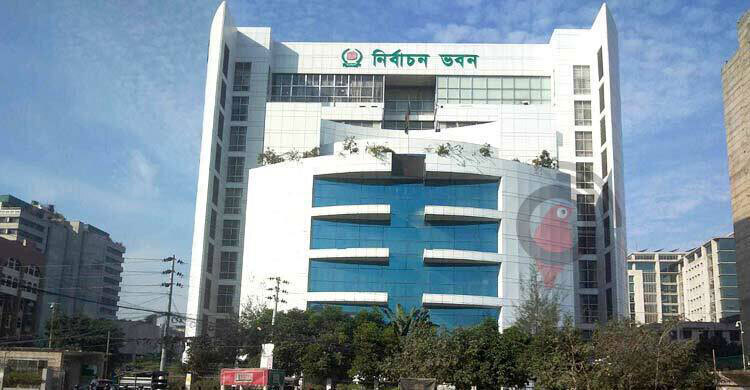EC on AL registration: "We’re waiting, time will tell

In response to queries about the potential cancellation of the Awami League's registration, Election Commissioner Md Anwarul Islam Sarkar said on Monday that the commission is awaiting further developments before making a decision.
Speaking at the Election Commission building, Sarkar said, "We are waiting, time will tell what decision we will take. The time for us to speak on this issue has not yet come. We will have to wait a little longer."
The call for banning the Awami League gained momentum during the first meeting of the National Consensus Commission, held under the leadership of interim government Chief Adviser Dr Muhammad Yunus on Saturday (February 15). Participants demanded not only the party’s ban but also the cancellation of its articles, attributing responsibility for the July-August genocide to the Awami League as an organisation.
When pressed for comments, Sarkar reiterated that the commission would refrain from discussing the matter until the appropriate time, emphasising patience and prudence in decision-making.
Asked whether additional investigations would follow recent reports by the United Nations exposing human rights abuses linked to the Awami League, Sarkar clarified, "I have not mentioned any inquiry. We are waiting, time will guide us on what decision we will take."
The Election Commission has been invited to address the upcoming District Commissioners (DCs) conference, scheduled for later this week. Addressing concerns about cooperation between the EC and field administrators, Sarkar noted, "The DC conference is being held like every year. We have received an invitation and will hold a meeting on the evening of February 18. Discussions are conducted at the field level with each ministry committee, and this year is no exception."
He added that the commission's primary message to district administrations and law enforcement agencies would focus on ensuring fair and transparent elections. Sarkar affirmed,
"Our message will emphasize cooperation from all stakeholders. Because we aim to conduct a good election. Under strict supervision, there will be no undue pressure on the EC from within the government, and thus, the vote will remain impartial."
When questioned about the neutrality of DCs in electoral processes, Sarkar expressed confidence in their collaboration.
He explained, "Everyone will cooperate in election-related tasks. The DCs will assist in maintaining the integrity of the voting process because the Election Commission will closely monitor all activities."
Sarkar highlighted past experiences where elections were overseen by caretaker governments but executed by field administrations, resulting in credible outcomes. He assured, "This time too, there will be no bad precedent. A fair election will be conducted."
MOS/NMA



